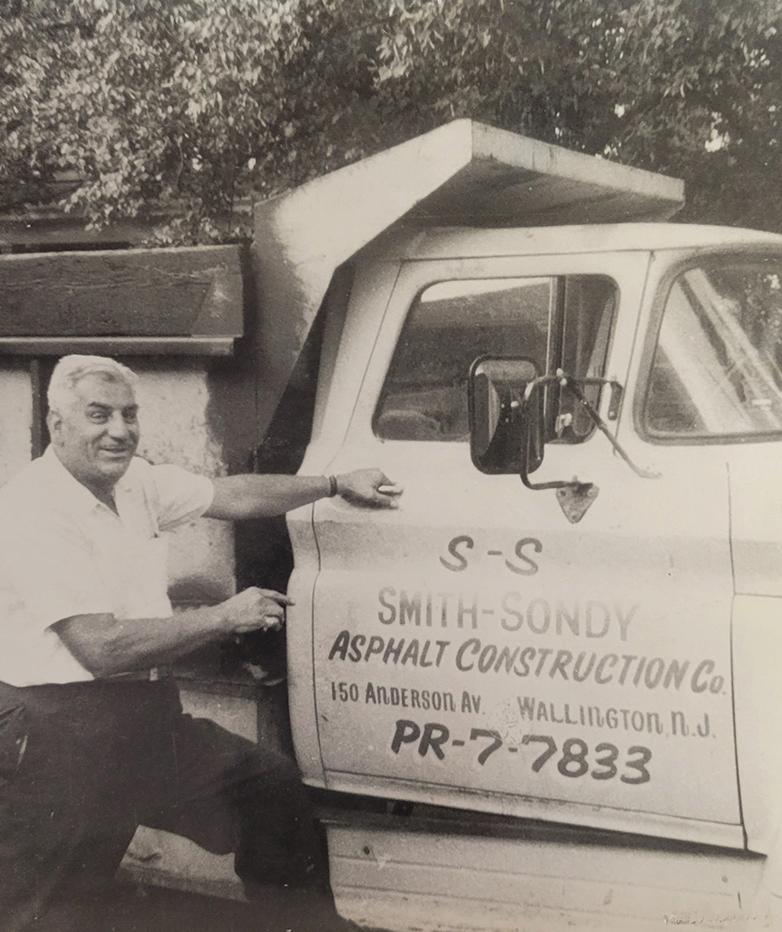
4 minute read
labor relations
Next Steps
Forthcoming regulations from the New Jersey Cannabis Regulatory Commission should provide additional insight into employers’ obligations under CREAMMA. In the meantime, employers should review their existing drug and alcohol policies to confirm compliance with the New Jersey law. Federal contractors and grantees should closely review their contracts to ensure they have a thorough understanding of the federal laws and regulations governing their projects. Should you have any questions about your obligations under the New Jersey Cannabis Regulatory, Enforcement Assistance, and Marketplace Modernization Act or any other issues related to your drug and alcohol policy, please do not hesitate to contact Jonathan Landesman, Esquire or Hope Steidle Kildea, Esq. at Cohen Seglias Pallas Greenhall & Furman PC.
Jonathan Landesman, Esq. and Hope Steidle Kildea, Esq. are members of the Labor and Employment Group where they focus their practice on representing contractors and subcontractors in all matters relating to the workplace, including employment litigation, human resources counseling, and labor relations.




AMERICAN TRAFFIC & STREET SIGN 200 S. JEFFERSON ST, ORANGE, NJ 07050 973-678-0800
Smith-Sondy Asphalt Construction Co. Celebrates 75 Years
By: zoe baldwin
Joseph Smith, President of Smith-Sondy Asphalt Construction, is an excellent storyteller and lights up as he talks about his family’s 75-year history in New Jersey asphalt construction. His business partner and company VP, Nicola (Nick) Genchi, PE, brings an engineer’s sensibilities and eye for detail, and between the two, it’s easy to see how the duo grew Smith-Sondy Asphalt Construction Company into the successful and trusted brand it is today.
Their story begins in 1946 when Joe’s father, Edward J. Smith, made a declaration that would set the family’s trajectory for the next three-quarters of a century. As Joe tells it, “My grandfather and a fellow by the name of Frank Sondy owned a cab business. My father was a driver for them until one day he came home and said ‘Pop, I’m going into the paving business.’ When my grandfather asked him what he knew about the paving business, he said, ‘Nothing, but I’m not going to drive a cab for the rest of my life.’”
His grandfather’s partner, Frank, suggested he and his son go into business together. The pair went on to buy an existing firm that came with a truck, a roller, and a laborer, and the rest, as they say, is history.

Picture of Joe's Father, Edward J. Smith Founder of Smith-Sondy
“Most of the work they did early on was residential and commercial,” Joe says. “In those days there was big industry in the cities of Passaic and Clifton with companies like Uniroyal and Manhattan Rubber. There was also quite a bit of residential work because of the post-war housing boom. My father had some friends who were developers, so they helped him get into that work as well.”
Like many in our industry, Joe began working for the family at an early age, pushing a broom until he was a teenager and later, able to work in the field as a laborer. Joe went on to graduate from Fairleigh Dickinson University where he studied marketing. In 1973, while he was still in college, Joe’s father became ill. “I went to see my father in the hospital and told him, ‘Pop I know you’re sick, but we have to keep the business going.’ My dad feared he would not be able to come back to work, so the next day I was in the paving business full time.”

Joseph C. Smith, President and Nick P. Genchi, P.E., Vice President of Smith-Sondy Joe took over the day-to-day business of the company and spent his senior year of college splitting time between running the business and his full-time course load. “It was a lot,” Joe admits. “But at the time everyone knew what was going on, and I had a lot of support from the construction community, including my competition. They’d let me cut the line at the asphalt plant because they knew I had to get back to class. It was really that kindness that allowed me to develop and maintain the business while still going to school.”
Joe’s efforts paid off, and the following year, he was approached by a private developer planning to build 110 single-family homes in Wallington, New Jersey where the firm is located. “Wallington is my hometown, and because of the reputation I’d built, he approached me about the project. I took this as an opportunity. I told him that I wouldn’t do the job unless he let me build the road

